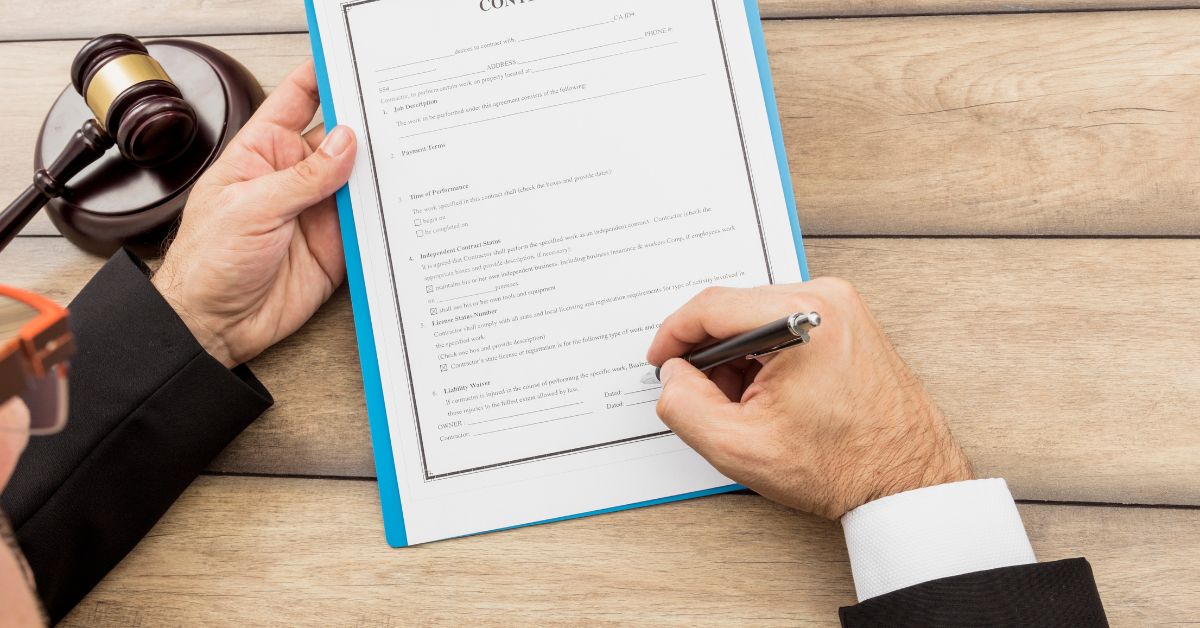
Filing a patent is an essential move for inventors aiming to protect their ideas. But the process often sparks a crucial question—do you need a lawyer to file a patent? Legally, no. Anyone can file a patent without legal representation. However, the process is dense with legal jargon, technical steps, and specific formatting. Many inventors underestimate the complexity involved, risking rejection or limited protection. In this guide, we’ll unpack everything: the pros and cons of filing on your own, when you should hire a lawyer, and what it really takes to file a patent successfully.
Understanding the Patent Filing Process Without a Lawyer
A patent can be filed by anyone as a “pro se” applicant, meaning without the assistance of a lawyer. The United States Patent and Trademark Office (USPTO) allows this to increase accessibility for independent inventors. Filing involves several stages: conducting a prior art search, drafting the application, submitting documents online, and responding to office actions. Each step demands precision. While the USPTO offers resources, you must still interpret complex legal guidelines correctly. Missing a requirement could lead to costly rejections or an unenforceable patent.
The Benefits of Filing Without a Lawyer
One of the most attractive reasons for going solo is cost savings. Hiring a patent attorney can be expensive. Filing on your own allows you to reduce legal fees and invest that money elsewhere in your invention or business. Additionally, you remain closely connected to your invention, describing its function and innovation in your own words. For some, the DIY route also presents an opportunity to learn deeply about the patent system. If your invention is simple and you’re comfortable navigating legal procedures, this option may suit you well.
The Risks of Filing a Patent Without Legal Help
Despite the benefits, there are significant risks to consider. Most pro se applicants lack the expertise to write enforceable claims—the core of the patent that defines your legal protection. A poorly written claim can leave loopholes for competitors to exploit or render the entire patent invalid. You may also miss existing patents in your search, leading to a denial. Even formatting errors or using imprecise language can trigger office actions and cause delays. Essentially, what you save in attorney fees, you risk losing in time, effort, and legal strength.
Situations Where You Absolutely Need a Lawyer
Certain inventions and legal scenarios call for professional support. Complex technology, software, or chemical inventions typically require a lawyer to draft precise technical language. If multiple inventors are involved, an attorney helps navigate intellectual property rights and agreements. Planning to license or sell the patent? You’ll need strong legal terms and negotiating power that only a lawyer can offer. International patents involve treaties and additional regulations—another area where professional assistance is crucial. In these cases, going it alone could lead to complications that far outweigh initial savings.
Cost of Hiring a Patent Lawyer
Patent attorneys charge based on the type and complexity of the invention. A provisional patent may cost between $1,000 and $3,000, while a full utility patent could exceed $10,000 depending on the invention. This fee usually includes consultations, drafting, revisions, and filing. There are also separate USPTO filing fees, which vary based on the entity size and patent type. While the price is high, the trade-off is legal protection that can withstand scrutiny in court or business negotiations.
Can Filing Alone Affect Legal Standing?
Yes. Errors made during the application process can come back to haunt you. If your claims are vague or overbroad, they might be challenged or dismissed during litigation. Even minor administrative issues can affect the enforceability of your patent. And if your filing does not properly reflect your invention or is unclear, it may not be defensible if someone infringes on it. In other words, a weak filing can compromise your invention’s future value.
What If You Still Want to File Without a Lawyer?
If you’re confident in your ability to navigate the system, start by reviewing USPTO’s pro se inventor resources. Learn how to structure claims, prepare drawings, and meet submission standards. You must also be ready to respond to office actions professionally. If full legal representation is beyond your budget, consider hiring a registered patent agent instead. They are licensed to file patents but charge less than attorneys. Still, due diligence is key: understand the process thoroughly before committing to the solo route.
FAQs
1. Can I file a patent without an attorney?
Yes, the USPTO allows pro se filings, but they are best suited for experienced applicants or simple inventions.
2. How much does it cost to hire a patent lawyer?
Legal fees range from $1,000 to over $15,000 depending on the type and complexity of the patent.
3. What are the risks of filing without a lawyer?
Common risks include poorly drafted claims, missed prior art, application rejections, and future legal vulnerability.
4. Can I fix a patent if I make a mistake?
Some errors are fixable through amendments, but major mistakes may require re-filing or could invalidate the patent.
5. Should I use a patent agent instead of a lawyer?
Patent agents can be a more affordable alternative. They are licensed to file and prosecute patents but cannot give legal advice beyond that scope.
6. How can a father lose visitation rights?
While unrelated to patents, a father can lose visitation rights due to neglect, abuse, violation of court orders, or if the child’s safety is at risk. Courts always prioritize the child’s best interest.
Conclusion
You are not required to hire a lawyer to file a patent, but that doesn’t mean you shouldn’t. Filing a patent alone is possible and can be cost-effective for simple inventions or experienced applicants. But the risks—legal errors, weak claims, and enforceability issues—can be substantial. If your invention is complex or commercially valuable, legal representation is a wise investment. A skilled patent attorney not only helps you file but ensures your idea is protected now and in the future.

